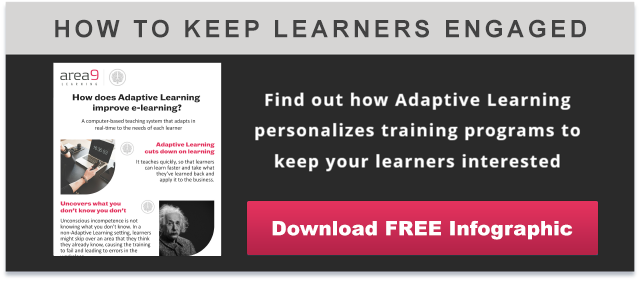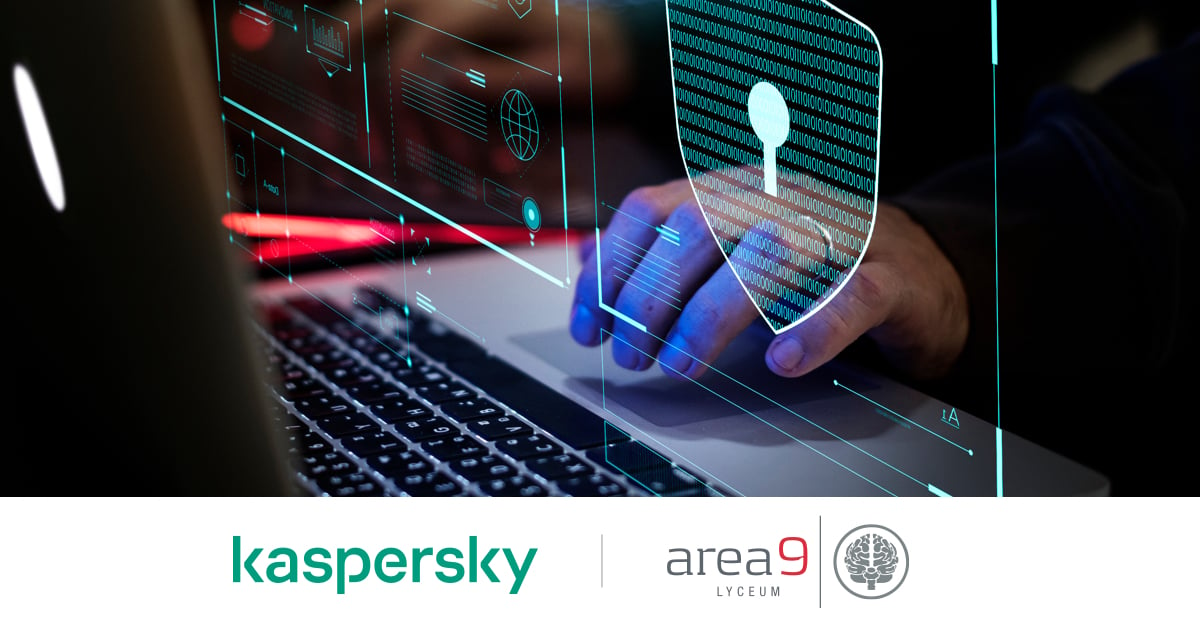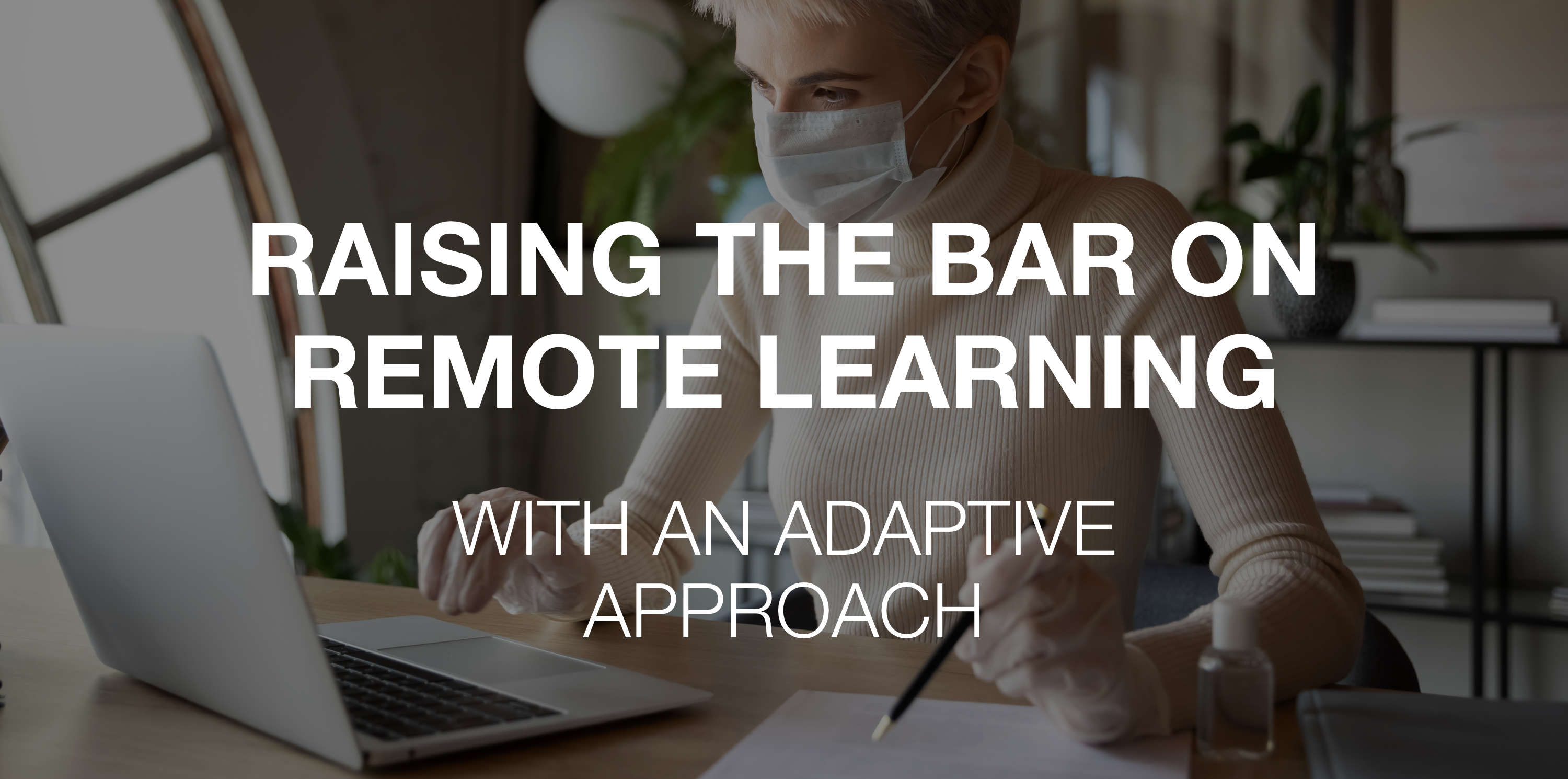In the late 1990s the term e-learning first came into existence. Since then the evolution of e-learning has seen the advent of blended learning, learning as a form of talent management, and the rise and (now) the decline of the learning management system (LMS). Now we’re in the age of continuous learning. But what does this mean for the future of e-learning?
So Where Is the Evolution of E-Learning Taking Us?
According to Josh Bersin, founder of Bersin by Deloitte, the future of e-learning is intelligent learning; it’s projected to change how we do corporate learning as soon as 2020. But we think that change is already here.
So, what does intelligent learning look like? True intelligent learning:
- Knows when to rely on artificial intelligence. Artificial intelligence is a necessary component of future learning systems because it interacts with and personalizes to the learner, understanding their behavior, and their confidence with and grasp of the learning content. When e-learning is intelligent it...
- Is personalized. Personalized learning creates effective learning because it adapts to the needs of individual learners, understanding them so it can fill gaps in their knowledge while still teaching at scale. Learning that is artificially intelligent and personalized is more like a personal tutor than an e-learning system, and that level of personalization is what makes it so engaging. When learners feel engaged they’re better able to retain what they’ve learned and apply it back to the business.
- Is machine-driven. Machine-driven learning is computer science that lets computers adjust to the learner. It acknowledges that there is not one way to learn and so it is not programmed with just one way of teaching. This allows businesses to store, curate, and create learning content, and present it to learners, confident in the knowledge that the computer will never find itself in a teaching dead end.
 The Future Is Coming Sooner Than You Think
The Future Is Coming Sooner Than You Think
Adaptive Learning systems already use artificially intelligent, personalized, and machine-driven learning to teach at scale. This infographic breaks down how Adaptive Learning works: teaching at scale, uncovering hidden knowledge gaps, and collecting data to help your business evolve.









